According to the public relations report of Tehran University of Medical Sciences, Dr. Hossein Ghanaati, the university’s Head Chancellor, noted equity as the most important aspect of governance and said: planning to achieve equity in health is our duty. In our country, the health network system was launched during the war and it shows that even in the most sensitive times, we can use the right patterns and models for the benefit of the country.
He added: “During the war, many young people were able to do great things, so I suggest that we take a look at what we have now and make optimal use of them.”
Dr. Ghanaati regarded people’s cooperation in government and non-government sectors as a positive movement to solve problems and said: We have to find the root and solve the problems at their root.
The University’s Head Chancellor emphasized the importance of paying attention to the country’s health sector and added: Since I assumed the responsibility of this university, the majority of my attention and focus has been on the primary and preventive sector and I am trying to complete the health network system in the areas covered by the Tehran University.
He considered the high efficiency of the health network as the source of progressive activities and emphasized: during the COVID-19 era, they showed that they can solve many problems of their covered populations at the lowest cost. For instance, they provided psychological counseling for people who were affected by COVID-19 and were able to provide good services to deprived areas.
Dr. Ghanaati pointed out: By strengthening the culture of self-confidence, the necessary grounds for social health should also be provided in the country.
In the end, the head chancellor of the university stated that “we hope for improvement and progress” and added: in the discussion of ensuring bodies, we must move from quantity to quality, and now it is time to address the quality of insurance services. Is it wrong for the health system to prove basic quality services as much as possible?
Equity is the ultimate goal of human societies
Dr. Amir Hossein Takian, Health Equity Research Center’s Deputy of Research and the meeting’s moderator, acknowledged the main goal of forming governments to be achieving equity and said: Equity is the ultimate goal of human societies and the basis of religion is for equity. Therefore, the Health Equity Research Center, as the only specialized center in this field in the health system of the Islamic Republic of Iran, by producing more than 300 articles, 5 books, and conducting more than 50 researches on national and International scales has continued its activities by focusing on equity and measuring efficiency and improving good governance in health.
He defined equity in health to be people’s ability to access healthcare services anywhere in the country, regardless of their financial status, and said: Ensuring this notion, demands the provision of various components. Currently, we have a significant gap with what Article 29 of the Islamic Republic states, and designing interventions to fit the concept of equity in society is necessary.
Utilization of health services
Next, Dr. Ali Akbari Sari, head of the National Institute of Health Research, presented a report on “equity in access to and utilization of health services” and said: utilization of health services is somehow defined as people’s utilization according to their need and them paying according to their ability”. According to the available data, about 40% of annual health expenses are out-of-pocket payments, and almost more than 90% of people in different quintiles (urban and rural) have basic insurance coverage.
He stated the per capita hospitalization in the public sector to be about 10% of the population and 1.8% in the private sector and he said: There is not much difference between the outpatient visits per capita in urban and rural areas, but we have some inequities in the number of beds in the provinces, which should be brought closer to equality. Also, some provinces’ health budgets are more than their needs and some are less, and this shows that we need a better distribution and access to resources.
Dr. Akbari Sari called the inquity in receiving dental services between the first quintile (poor) and the fifth quintile (affluent) very wide and added: 2% of the first quintile and 12% of the fifth quintile received dental services. Also, 30% of direct payments are for the cost of prescriptions, which due to the non-coverage of detail services, has reached about 50% of direct payments in the first quintile.
He added: In recent years, the catastrophic costs for low-income people have become very low, which translates to their lack of access and inability to pay. Also, poverty-causing costs have been halved in the last 4 years, and this shows that the high cost of services has actually reduced the first quanlite’s access to and utilization of services. Thus we must try to increase the first quantile’s access to services.
Launch of the book Equity in Iran’s health system
While introducing the book, Dr. Alireza Olyaeemanesh, Head of Health Equity Research Center, said: “The book is the result of a three-year effort of the Health Equity Research Center, and I hope that decision-making bodies in the health system will make optimal use of it. Because it explains the current situation, the roots of our challenges, and presents practical solutions.”
He added: This seven-chaptered book is the result of the efforts of more than 100 experts and professors in different universities and institutes. I wish that this book will become a stepping stone on the path toward equity in health in the country.
In this meeting, Dr. Rezaei, presented primary healthcare-related achievements, Dr. Hossein Raghfar, spoke about Iran’s policies and its relationship with equity in health, and Dr. Nejatian discussed fair financing in the health system.

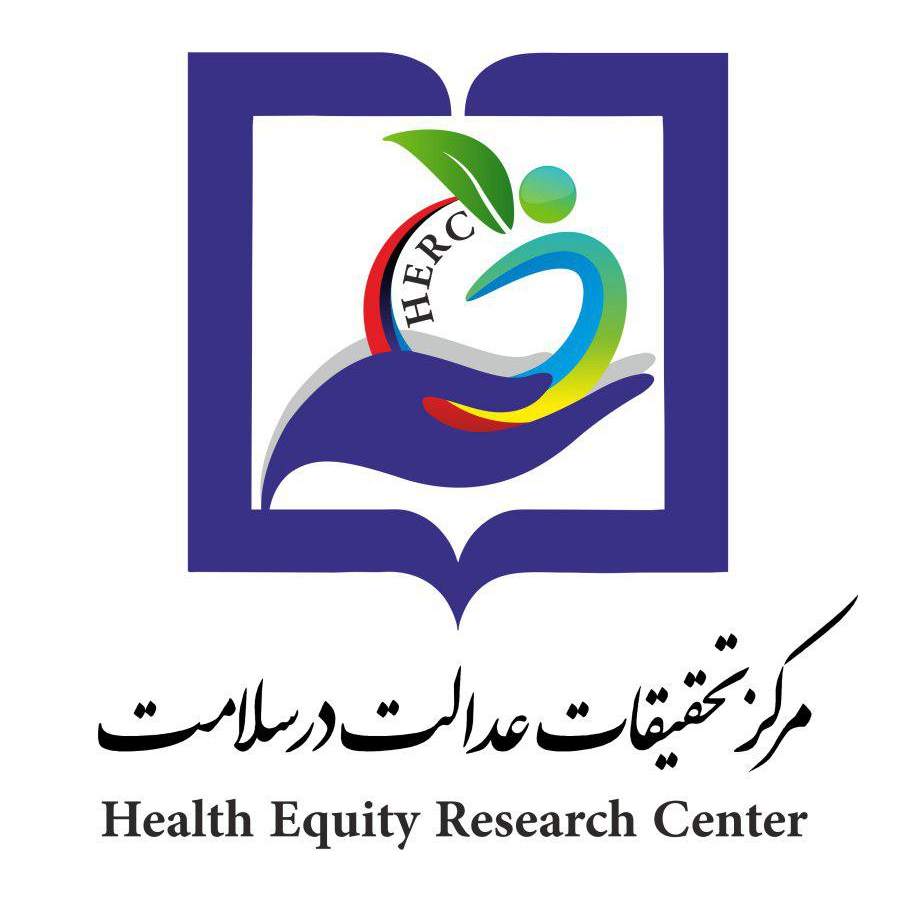

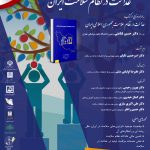
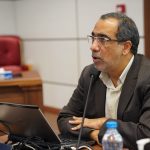
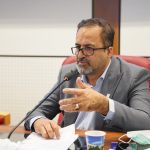
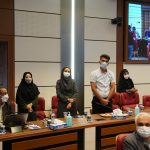
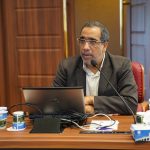
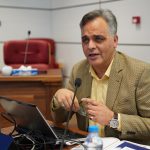
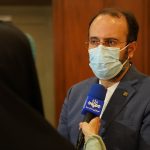
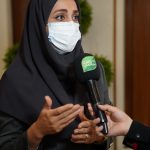
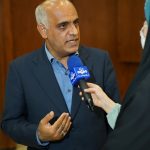
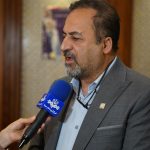
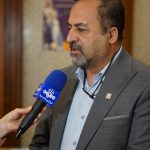

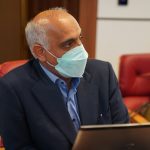
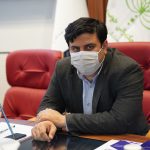
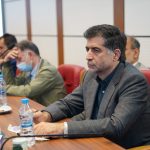
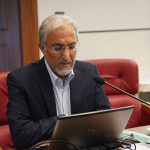
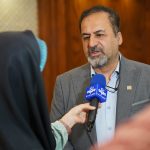
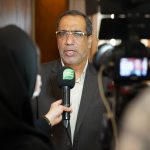
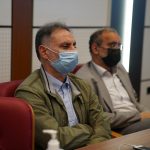
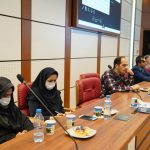
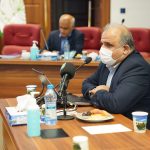
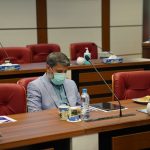
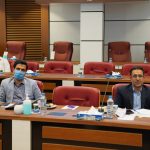
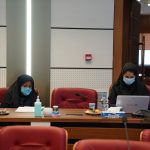
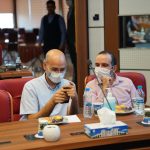
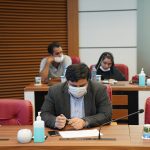
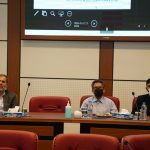
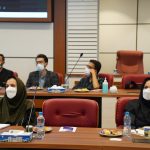
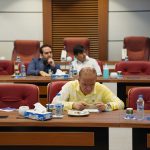
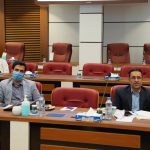
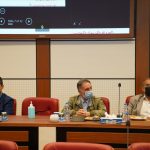
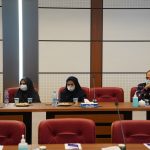
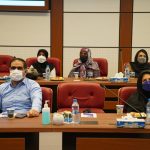
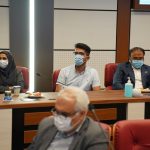
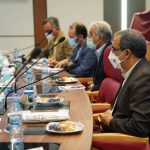
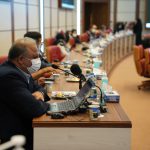
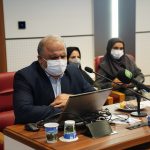
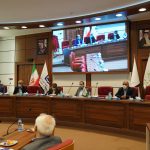
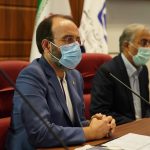
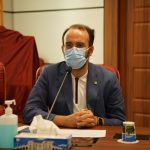
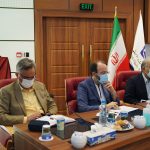
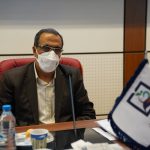
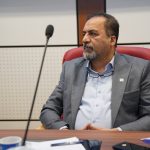
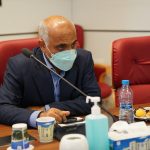
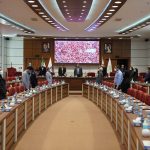

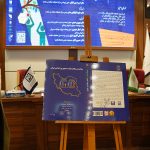
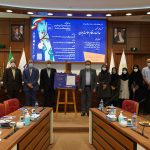
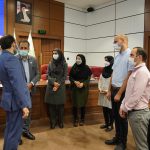
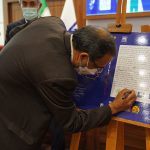
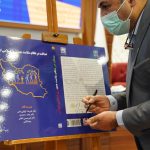
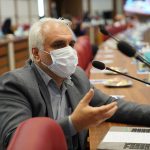
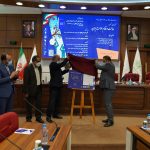

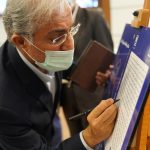
No responses yet